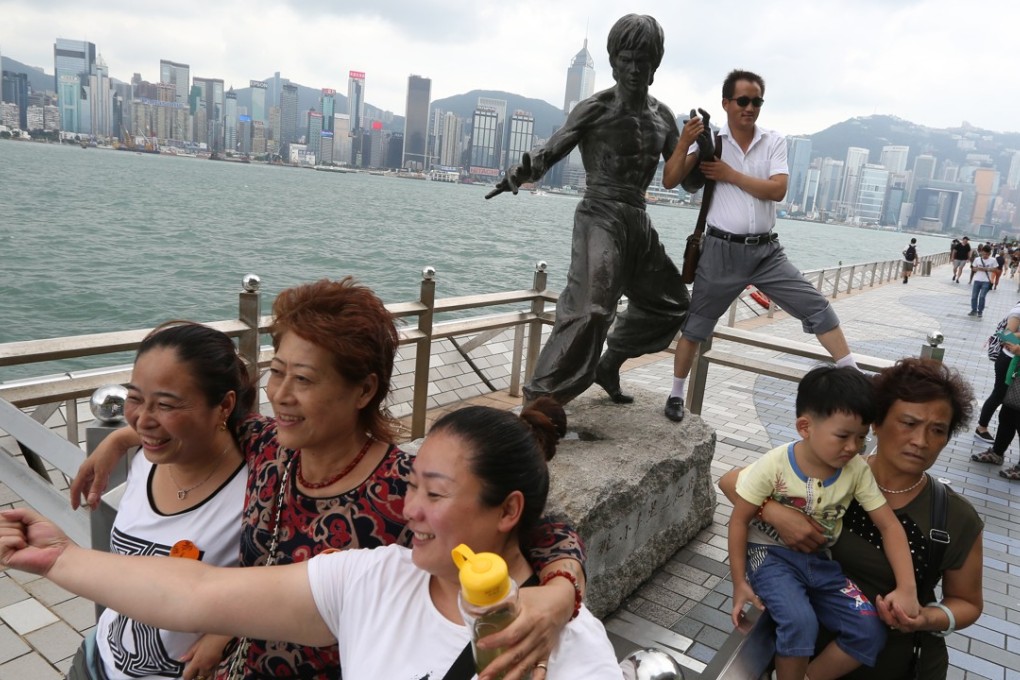Use Cantonese as a tool to extend Hong Kong’s influence, academic urges
Chinese University linguist says better teaching of the native language is the vital first step in raising the city’s profile in Beijing’s trade initiative

Although 88.9 per cent of Hong Kong’s population speak Cantonese as their native tongue, most do not know the basics of the language, according to Professor Tang Sze-wing, a linguist at Chinese University.
“The government’s official language policy states that Hong Kong people should aim to be biliterate and trilingual, but the reality is that Cantonese [learning] is very much lagging behind English and Putonghua.”
Tang said many Hongkongers at school were not taught the basics such as Cantonese romanisation and grammar, let alone the history and origins of the language.
“Learning a language is not only about your ability to communicate with others. We’re talking about learning the most basic knowledge of a language itself,” he said.
Cantonese, a phonetically complex Chinese language, is highly colloquial, making it difficult to learn as well as teach formally. There are no standardised Cantonese tests or certifications.